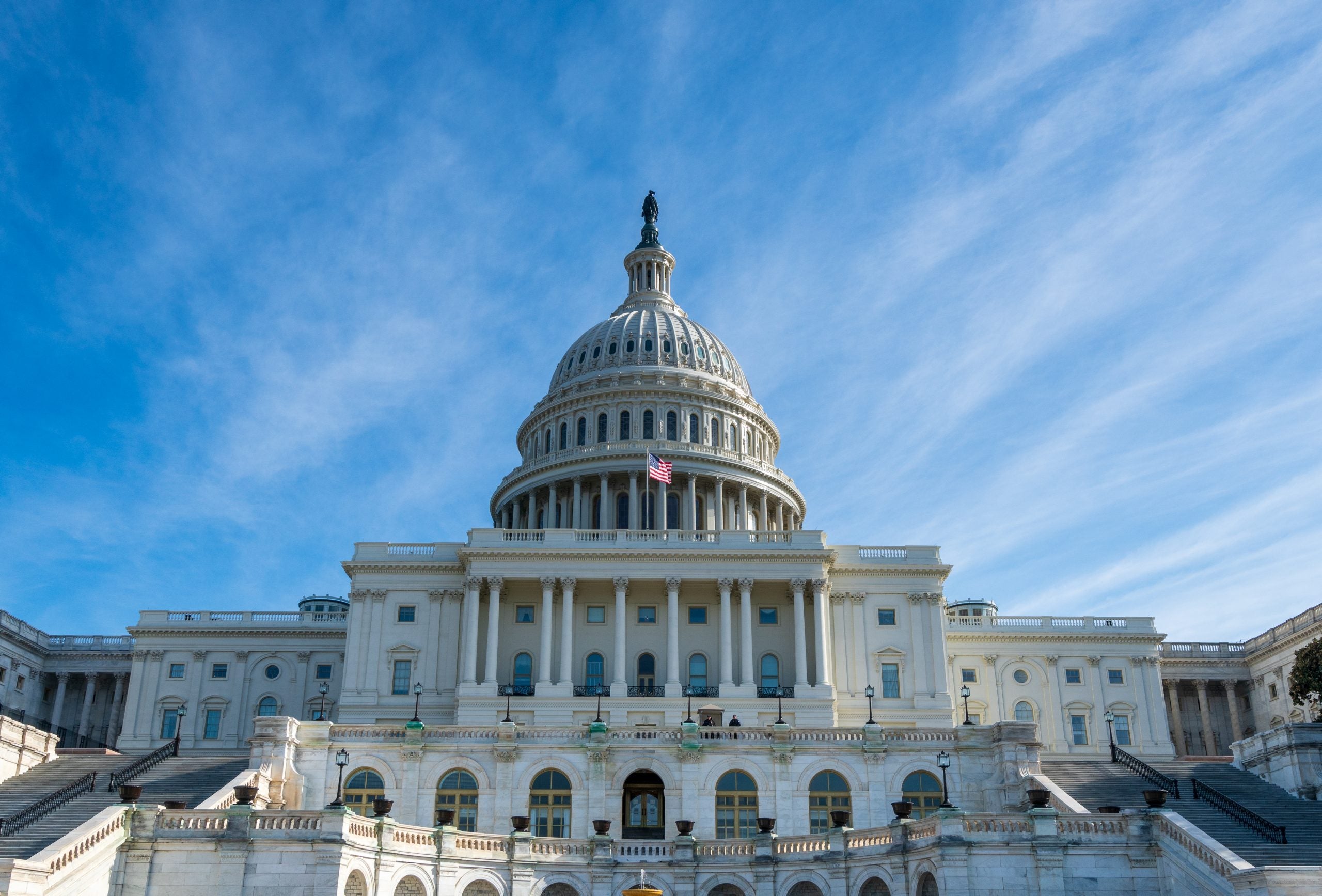“If you want to be valedictorian, you better do something about that girl Joyce Elliott.” That’s what the principal of Willisville High School said to the white student at the top of my sophomore class in 1966. Only he didn’t say “girl.”
That moment made it clear that I was going to be denied a fair chance at success. It inspired me to help provide a fair chance at success for all, no matter their background.
During my sophomore year, my siblings and I were a part of forced integration at Willisville High. It had only been nine years since the Little Rock Nine were the first Black students to integrate schools in my state.
It was clear that my new principal didn’t want me there, and many of the other students didn’t either. Most hurtful of all, my teachers didn’t want me there—except for one, but she left after my first year. Eventually, all of the Black families at Willisville High left too, except for mine. I was determined to stay. And God bless my family for standing by me. We decided to be the change in Arkansas. My sister became the first Black graduate of Willisville High. I was the second.
The funny thing about not being wanted in the classroom is that it inspired me to become a teacher myself. In fact, I chose my first teaching position at a school that never had a full-time Black teacher. It wasn’t just for the benefit of the Black students. Just think how my white classmates at Willisville high would have acted if they had grown up with more Black teachers and role models.
I taught in public schools for 30 years and committed myself to giving students the experience that I was denied. In the classroom, I made a point to treat everyone with dignity and celebrate students for what made them unique.
As many teachers do, I saw inequities outside the classroom preventing my students from succeeding inside the classroom. After everything I’d been through, I couldn’t let my students go without an advocate.
Teachers can only do so much to advocate for their students. Later, I ran for the state legislature to make change outside the classroom. I saw many of my students come to school hungry. In my first year of teaching, one student collapsed and went into a diabetic coma in the middle of class. After that, I paid out of pocket to stock a classroom snack bowl. Later as a legislator, I voted so that more Arkansan students could use the National School Lunch program—a program that provided my own lunches at Willisville High.
During the worst flu season of my teaching career, one of my students came to school with a persistent fever day after day. I learned that his family didn’t have health insurance or access to treatment, so I worked with my fellow teachers to raise the funds for him to see a doctor. Experiences like this motivated me to work across the aisle and expand Medicaid to cut our uninsured rate in half.
Recently, Washington has made it harder for more of us to succeed.
The Administration is undermining the National School Lunch program, and Republicans—including my opponent—have voted time and time again to kick Americans off their healthcare and increase costs. We have the power to achieve progress in Washington. I’m running for Congress to help expand opportunity for all, no matter our background.
In the middle of a global pandemic and economic crisis, so many of us are struggling, and Washington is making it worse. This is especially true in communities of color and under-resourced areas, a disparity which will only increase as back to school season commences. I’ve fought my whole life to provide opportunity for students and families, and I will continue that fight in Washington.
Right now, we need to ensure local school districts have the federal funding they need to determine when and how to safely bring students back to campus. We need to move forward with the comprehensive education funding programs Congress proposed months ago. With the pandemic raging, we have to be proactive with improving rural broadband and ensuring equitable access to virtual learning equipment and personnel.
The pandemic has amplified the inequities I’ve dealt with my whole life. We can still make real progress by expanding healthcare coverage while reducing costs, prioritizing stimulus measures that save jobs, and providing funding that meets the needs of our schools instead of relying on teachers to bridge impossible gaps on our own.
Right now, so many of us are going without an advocate. I know what that’s like. I remember how it first felt at Willisville High. My life’s work has been about advocating for those who would otherwise be denied opportunity, and I will continue that in Congress.
Arkansas State Sen. Joyce Elliott spent 30 years as a public school teacher and would be the first Black person elected to Congress from Arkansas—the last of the former Confederate states that hasn’t done so.
